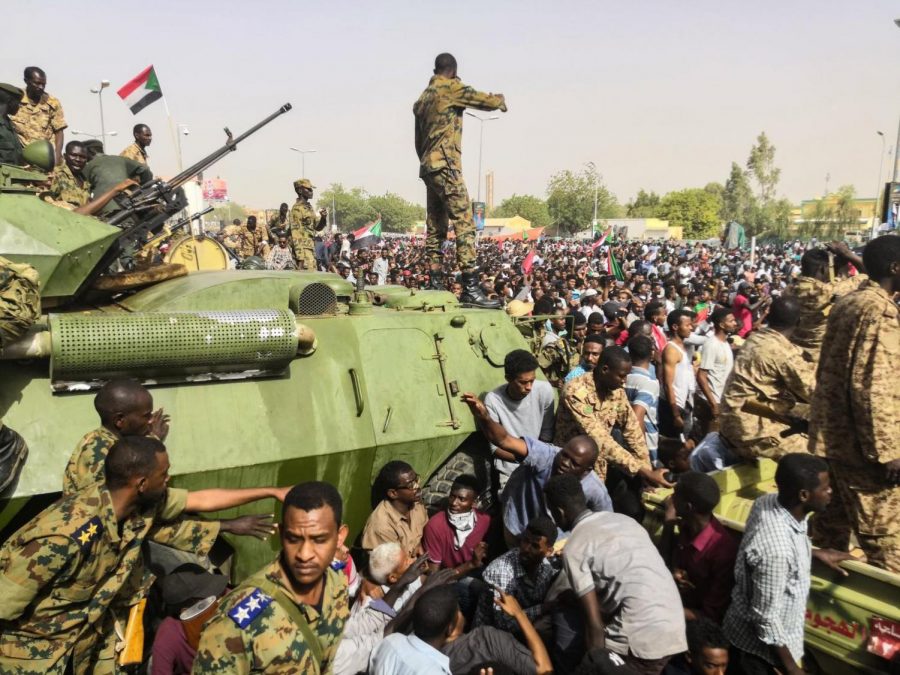Sudanese Military Seizes Power in Coup D’État
Sudan has been in a state of unrest since the military staged a coup last month, taking control of the country and dissolving the transitional government that the country had functioned under since 2019.
In late 2018, civil unrest began to rise within the country due to a deteriorating economy and a quickly rising cost of living. Eventually, in early 2019, the protesters shifted their focus to the president, Omar al-Bashir. Citizens began demanding that he resign, and he declared a nationwide state of emergency in February.
On April 11, 2019, the Sudanese military staged a coup d’état to overthrow President Omar al-Bashir. The constitution was suspended, borders were closed, and a state of emergency was declared for three months.
There were many protests, with citizens demanding civilian rule rather than that of the military. Infighting did not cease until the African Union (AU) intervened in August of the same year.
With the AU’s help, the military and the citizens of Sudan came to an agreement and put a transitional government, the Sovereign Council, into place. They planned to instate a civilian leader, Prime Minister Abdulla Hamdok, for a period of 39 months. The eventual goal was a peaceful transition into democracy, with elections taking place in 2023.
In 2020, the new transitional government did their best to begin solving conflicts within Sudan in an attempt to instate peace. They made peace with rebel groups and got themselves removed from the U.S. list of state supporters of terrorism, allowing them to get financial aid from the World Bank. However, there was growing controversy and fracturing within the military-civilian alliance.
September and October of 2021 saw continued conflict between political groups. Protesters called for a stratocracy, a government run by the military, and they were met with counter-protesters who insisted that a citizen-led government should stay in place.
Tensions came to a head on October 25, when the sudanese military, directed by General Abdel Fattah al-Burhan, seized power in another coup d’état. The military arrested Prime Minister Hamdok and many cabinet members and politicians, dissolved the transitional government, and declared a state of emergency within the country. The General stated that the democratic transition would continue, but his statement made clear that the military would remain in power.
Citizens have protested the military’s takeover heavily, insisting that power be restored to the citizens’ government. Protesters were often met with tear gas and even open fire from security. At least 13 protesters have been killed and over 300 have been injured.
The World Bank has suspended financial aid to the country until peace is restored. The United Nations also held an emergency meeting in Geneva and condemned the actions of the Sudanese military. They have called for the reinstatement of Prime Minister Hamdok as well as the continuation of a transition into democracy. However, as of now, there is no evidence that the military plans to loosen their hold over the Sudanese government.



